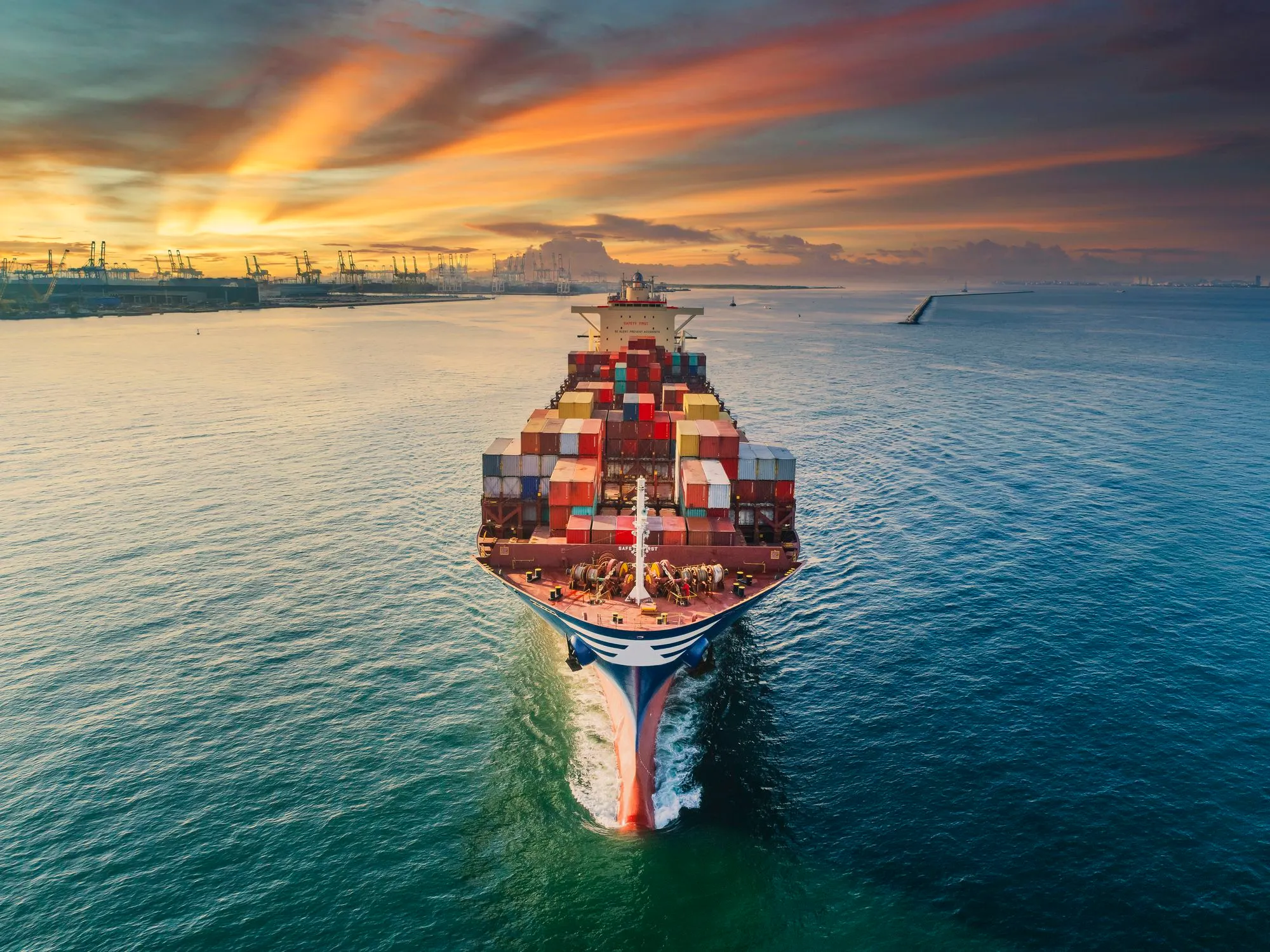The IMF highlights a growing US-China trade divide, creating distinct US- and China-aligned economic blocs.
This emerging economic scenario, though not as starkly divided as the Cold War era, marks a considerable shift.
According to the organization, it features less fragmentation overall and boosts the significance of non-aligned economies’ roles.
Already in February 2024, World Trade Organization’s (WTO) Director-General reported that global trade is not meeting expectations.

The Russian invasion of Ukraine in 2022 has led to a roughly 12% decrease in trade between US-aligned nations and those gravitating towards China.
Additionally, foreign direct investment between these blocs has seen an approximate 20% reduction.
These statistics underscore the deep effects of US-China tensions on global economic relations.
Despite the current fragmentation being minor compared to the Cold War, there’s a looming risk it could deepen if geopolitical tensions persist and trade policies tighten.
Unlike the Cold War period, numerous non-aligned economies now act as “connectors,” bridging trade and investment between the US and China blocs.
The IMF clarifies that today’s economic fragmentation differs from deglobalization.
While it seems the global market is fragmenting, the actual integration of trade into the global GDP has impressively increased.
This growth mirrors patterns seen during the Cold War, where global trade flourished in spite of geopolitical divisions.
The escalating rivalry between the US and China poses serious risks for the global economy in the long term.
The IMF has issued warnings about potential economic losses, which could reach as high as 7% of the global GDP.
This situation emphasizes the crucial need for global cooperation to lessen this divide’s impact and safeguard global economic stability.

